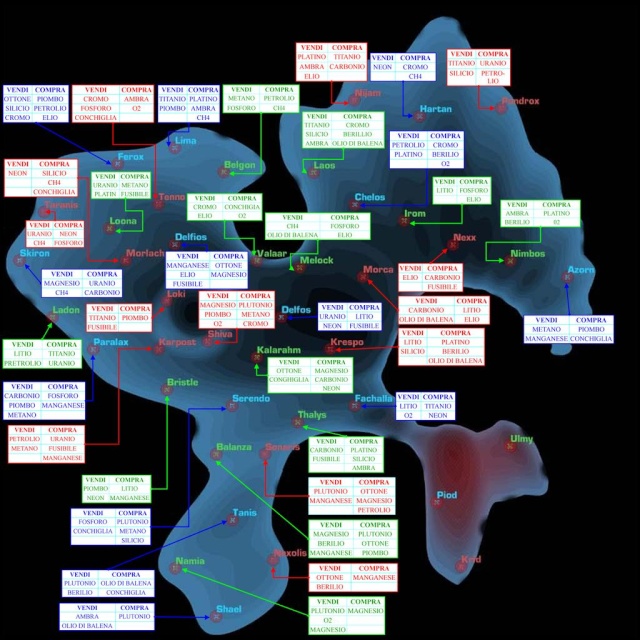Deepolis Torgovaya Karta

World War IIEdit. On May 16, 1944, Kulakov was posthumously made a Hero of the Soviet Union for his outstanding performance in the Kerch–Eltigen Operation, along with a captain and a sergeant-major of his division who were also killed during its course. Tweet with a location. You can add location information to your Tweets, such as your city or precise location, from the web and via third-party applications.
Contents • • • • Early life and military career [ ] Kulakov was born on March 18, 1900, to a peasant family in the village of Rozhdestvenka in the former. A Russian by nationality, he finished elementary school and then worked in one of the printing houses in. At the age of 18 he joined the Red Army and actively participated in the Russian Civil War. He showed obvious signs of command capabilities, and remained in the cadre Red Army after the war. In 1926 he attended the Combined Military School in, and later the 3rd Course at the. World War II [ ] At the start of the Great Patriotic War, Kulakov was serving as the chief of staff of a rifle division. During 1941 he went on to see action in the in September–October, and then in the defense of Moscow.
By August 14, 1942, he had been promoted to the rank of colonel, and on that date was appointed to the command of the, a position he would hold until his death. At the time he was appointed the division was retreating from into the passes of the. As of September 4 his division was in Front reserves of. When the German began a new offensive towards the Black Sea port of on September 23, the 339th was in, where it remained for the rest of Kulakov's career. Tuapse was successfully defended, and the German offensive ground to a halt in early November. The 339th spent a few months rebuilding in the in the spring of 1943.
On March 16, 1943, Kulakov was awarded the for his services. During most of the year his troops served in the, back in 56th Army, gradually eroding the positions of 17th Army in the.
In early October the 339th played a leading role in the defeat of these Axis forces; the division was awarded the honorific 'Taman', while Kulakov received both the and the within weeks of each other. Almost immediately following the victory at Taman, and 56th Armies launched the, a set of amphibious assaults from Taman across the into the Crimea. Over the course of November 6, 7 and 8 all three of the 339th's rifle regiments crossed the icy waters, and on the 9th attacked in the direction of Kolonka. After two days of sustained heavy combat the division managed to penetrate the German defenses to reach a line from 'unnamed height 1 kilometre south of Height Marker 82.5, Height Marker 5.0, the eastern edge of Kankany and Kolonka, the Voikov metallurgical factory, and the eastern edge of Kerch'.

At 0100 hours on November 15 the division resumed its assault, but again failed to achieve success, losing six men killed and 20 wounded in the process. At 1325 hours on November 16 the German air force began a series of heavy strikes against the division's positions, with over 100 sorties. Colonel Kulakov had established his observation post in the midst of his division's forward defense line in the northern portion of the Voikov factory. At 1330 hours he was killed along with two other officers standing nearby by a bomb blast, with a fourth officer wounded.
Dolg ranmarna polnaya versiya. Write something about yourself. No need to be fancy, just an overview. No Archives Categories.
Unaware of his fate, the People's Commissariat of Defense issued a decree the following day promoting Kulakov to the rank of Major General. On May 16, 1944, Kulakov was posthumously made a for his outstanding performance in the Kerch–Eltigen Operation, along with a captain and a sergeant-major of his division who were also killed during its course. Kulakov was buried at the Vsesvyatskoye Cemetery in Krasnodar.
References [ ].